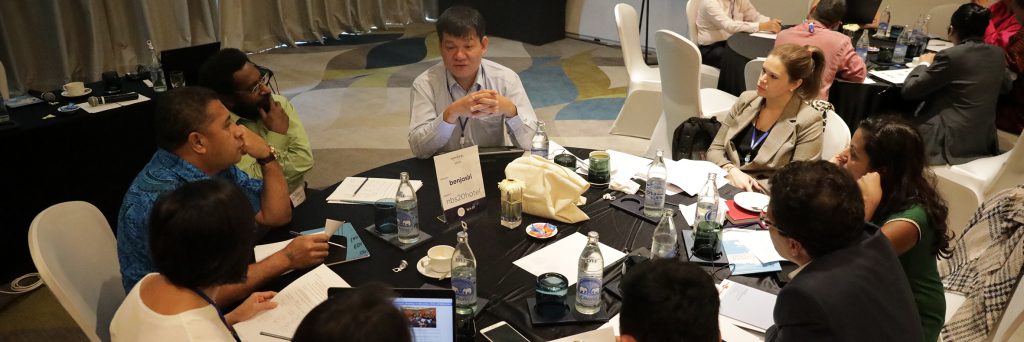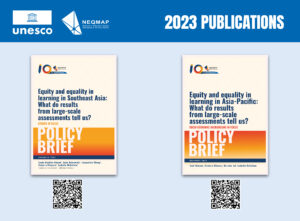
At the global level, the recent 2019 High-level Political Forum (HLPF) Contribution from the SDG-Education 2030 Steering Committee has stressed that the world is still not on track to achieve the SDG4-Education 2030 and that current education systems are facing significant quality challenges. This message reaffirms the urgent call for better quality of education and is a signal for greater attention and focus on priorities of national education plans to improve learning processes and outcomes across curriculum, pedagogy and assessment.
NEQMAP’s 7th Annual Meeting on Education Quality Monitoring for SDG4-Education 2030 was held in Bangkok on 11th and 12th November 2019. Generously supported by the Global Partnership for Education (GPE), it brought together 47 members from 22 countries across the Asia-Pacific region. This year, the Annual Meeting explored this global call for better quality education, SDG4-Education 2030 Agenda, and more importantly, took a closer look at its own role in monitoring and strengthening education quality in the Asia-Pacific. Earlier in 2019, the NEQMAP Secretariat began an evaluation of the network’s effectiveness, relevance and sustainability. The annual meeting gave members an opportunity to hear about the evaluation, review NEQMAP activities, and provide inputs into this evaluation process.
How effective and relevant is NEQMAP to its members?
Overall, members highlighted that it is a unique regional platform for knowledge generation, sharing, capacity development and collaboration in pursuit of quality education goals. The main strength and relevance of the network mentioned was its role in capacity development. Members indicated that the network provides the needed assistance to build capacities, particularly with respect to specific knowledge in learning assessment that can be used to improve learning outcomes.
Members also noted that research, knowledge generation and knowledge sharing is a key strength, and the annual meeting provided an opportunity to for members to share updates. For instance, Australia Council for Educational Research (ACER), GPE, Southeast Asia Ministers of Education Organization (SEAMEO) and the Hong Kong Examinations and Assessment Authority (HKEAA) all shared insights and updates on their latest work. Bhutan’s Royal Education Council provided an update on their major national curriculum reform, as they try to align their national curriculum to the SDG 4 goals and targets. The Institute of Informatics and Development (IID) in Bangladesh explained how they are working at the policy level to ensure the alignment of SDG4 with education policy-makers. Lastly, the meeting provided an opportunity for members to share new research, in this case the NEQMAP thematic reviews on equity and inclusion in learning assessments,
This regional platform is vital in letting organizations and members share their work and look for opportunities to collaborate. NEQMAP members can connect with expertise from different backgrounds, as well as seeking technical assistance from other members within the network. It serves as a place to share best practices in curricula, pedagogy and learning assessments, and ultimately strengthen learning outcomes.
However, members also identified key challenges that the network should try to address. These challenges include strengthening best practices in learning assessments, pedagogy and curricula both at the implementation level as well as in national policies. Second, the Asia-Pacific region is vast and diverse, and balancing the diversity of NEQMAP’s members and their national priorities with regional initiatives is difficult. Limited funding resources highlights the challenges of how to sustain the network and ensure that it remains effective and relevant. Making NEQMAP more visible, nationally, regionally and globally, is important to attract not only funding, but to situate and strengthen our position to deliver quality education across a variety of topics.
How can NEQMAP position itself moving forward and what can it do better?
Members recommended NEQMAP to be more strategic in terms of activities and its vision of education quality. This includes a more targeted, long-term and sustained approach at the national level, as well as regional levels. This two-tiered approach of regional and national level initiatives and interventions, involving UNESCO offices across the region, can help to achieve the impact and outcomes intended. Building good quality education is not a short-term endeavor. Building capacity for our members needs a focused approach, on various topics that cover NEQMAP’s core pillars of capacity development, research and knowledge sharing.
Members encouraged NEQMAP to continue strengthening the network’s core focus of capacity building activities, through topics that include large-scale assessment, classroom based assessment, and transversal competency skills or 21st century skills. Members noted particularly that a focus on transversal competencies and 21st century skills could give NEQMAP a competitive advantage and niche in its pursuit of education quality.
As a network, its strength lies in its ability to collaborate and build off each other. In this sense, members also noted to collaborate with implementing partners and relevant stakeholders, but also to focus on how to involve policy makers. These collaborations and partnerships will increase the visibility of NEQMAP, and allow members to engage other global stakeholders and create potential funding opportunities.
NEQMAP as a regional platform is instrumental for quality education monitoring and ensuring alignment of the global education agenda. At the same time, it is clear that there is still room for improvement, including how to strengthen and support continuous, sustained efforts in building national-level capacities, better linkages to policy level engagement, increased visibility of the network’s impact, and ensuring the long-term sustainability of the network and its activities. In all, with this urgent global call for better quality of education, NEQMAP will continue to engage in the Asia-Pacific region to support and strengthen more collaboration with the member institutions as well as partners in ensuring inclusive and equitable quality education and promote life-long learning opportunities for all.
Agenda (with links to Presentations)
Written by: Phenwilai [Um] Chaiyaporn and Mark Manns
Cover Photo by: Job Barallas






